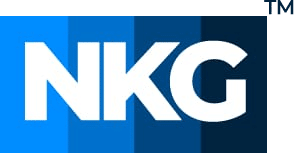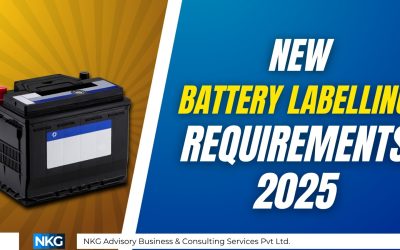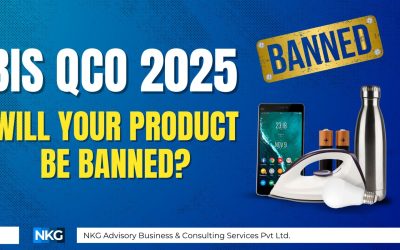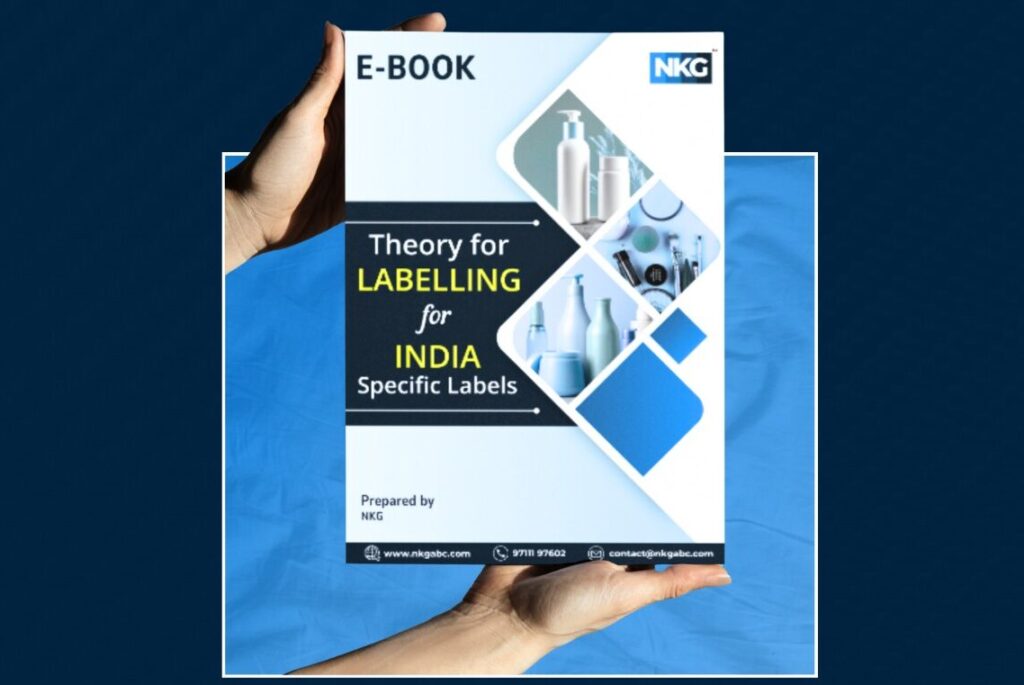Introduction
In today’s globalized world, the cosmetics industry has witnessed a surge in demand for various products from different parts of the world. As countries strive to ensure the safety and quality of imported cosmetics, regulatory authorities have implemented stringent measures to protect consumers. One such measure is the requirement for a Free Sale Certificate (FSC), a crucial document that plays a pivotal role in the importation of cosmetic products.
The Free Sale Certificate: An Overview
A Free Sale Certificate, also known as a Certificate of Free Sale or a Cosmetic Product Notification, is an officially endorsed document issued by the relevant health authority in the country of origin. This certificate serves as evidence that the cosmetic products in question are legally manufactured, marketed, and freely sold within the country where they are produced.
The primary purpose of the FSC is to assure the importing country that the cosmetic products meet the necessary safety, quality, and regulatory standards set forth by the exporting nation. It acts as a stamp of approval, confirming that the products are regulated with proper guidelines to be legally sold in the country of manufacture.
Importance of the FSC for Imported Cosmetics
The FSC holds significant importance for several reasons:
- Consumer Safety: By requiring an FSC, importing countries can ensure that the cosmetic products being brought into their markets have undergone rigorous testing and meet the safety standards of the exporting country. This helps protect consumers from potential health risks associated with substandard or unsafe cosmetic products.
- Regulatory Compliance: The FSC serves as evidence of regulatory compliance in the country of origin. It demonstrates that the manufacturer has adhered to the relevant laws, regulations, and guidelines governing the production and sale of cosmetic products.
- Market Access: Many countries have made the FSC a mandatory requirement for importing cosmetic products. Without this document, manufacturers and importers may face significant barriers to entering and distributing their products in foreign markets.
- Trade Facilitation: The FSC streamlines the importation process by providing a standardized document that regulatory authorities can easily recognize and evaluate. This helps to facilitate smoother international trade and reduce unnecessary delays or obstacles in the supply chain.
Requirements for Obtaining a Free Sale Certificate for Imported Cosmetics
While the specific requirements may vary slightly from country to country, there are generally some common criteria that manufacturers and importers must meet to obtain a Free Sale Certificate for their cosmetic products:
- Product Registration: In most cases, cosmetic products must be registered with the relevant health authority in the country of origin. This registration process involves submitting detailed information about the product formulation, ingredients, manufacturing processes, and safety assessments.
- Compliance with Regulations: The manufacturer must demonstrate that their cosmetic products comply with all applicable laws, regulations, and guidelines governing the production, labeling, and marketing of such products in the country of origin.
- Good Manufacturing Practices (GMP): The manufacturing facilities where the cosmetic products are produced must adhere to Good Manufacturing Practices (GMP) as outlined by the respective regulatory authority. This ensures that the products are consistently produced and controlled according to quality standards.
- Safety Assessments: Manufacturers may be required to provide documentation proving that their cosmetic products have undergone rigorous safety assessments, including toxicological evaluations, stability studies, and other relevant tests to ensure their safety for human use.
- Product Samples: In some cases, regulatory authorities may request product samples for further analysis or verification before issuing the Free Sale Certificate.
- Application and Fees: An official application must be submitted to the relevant health authority, along with the required documentation and payment of any applicable fees.
Obtaining a Free Sale Certificate in India
In India, the Central Drugs Standard Control Organization (CDSCO), under the Ministry of Health and Family Welfare, is responsible for regulating and overseeing the importation of cosmetic products. To obtain a Free Sale Certificate for imported cosmetics in India, manufacturers and importers must follow these steps:
- Product Registration: All cosmetic products imported into India must be registered with the CDSCO. This process involves submitting detailed information about the product formulation, ingredients, manufacturing processes, and safety assessments.
- Manufacturing Site Inspection: The CDSCO may conduct an inspection of the manufacturing site to verify compliance with Good Manufacturing Practices (GMP) and other regulatory requirements.
- Application for Free Sale Certificate: After successful product registration and site inspection (if applicable), the manufacturer or importer can apply for a Free Sale Certificate by submitting the required documentation and fees to the CDSCO.
- Document Evaluation: The CDSCO will evaluate the submitted documents, including the product dossier, safety assessments, and any other relevant information, to ensure compliance with Indian regulations.
- Issuance of Free Sale Certificate: If all requirements are met, the CDSCO will issue a Free Sale Certificate, which serves as proof that the cosmetic products in question can be legally imported and distributed in India.
It is important to note that the Free Sale Certificate issued by the CDSCO has a validity period, typically ranging from one to three years, depending on the product category and other factors. Manufacturers and importers must ensure timely renewal of the certificate to maintain uninterrupted importation and distribution of their cosmetic products in India.
The Role of Regulatory Compliance in Free Sale Certificates
Regulatory compliance plays a crucial role in the issuance and acceptance of Free Sale Certificates for imported cosmetics. Manufacturers and importers must ensure that their products and manufacturing processes adhere to the relevant laws, regulations, and guidelines set forth by the regulatory authorities in both the exporting and importing countries.
- Compliance with Good Manufacturing Practices (GMP): Adherence to Good Manufacturing Practices (GMP) is a fundamental requirement for obtaining a Free Sale Certificate. GMP ensures that cosmetic products are consistently produced and controlled according to quality standards, minimizing the risk of contamination and ensuring product safety.
- Ingredient Regulations: Regulatory authorities often have specific guidelines and restrictions on the use of certain ingredients in cosmetic products. Manufacturers must ensure that their product formulations comply with these regulations in both the exporting and importing countries to obtain and maintain a valid Free Sale Certificate.
- Labeling and Packaging Requirements: Cosmetic products must comply with labeling and packaging regulations in the respective countries. These requirements may include specific information that must be displayed on the product label, such as ingredient lists, warnings, and instructions for use.
- Product Safety Assessments: Regulatory authorities may require manufacturers to conduct various safety assessments, including toxicological evaluations, stability studies, and other relevant tests, to ensure the safety of their cosmetic products for human use. These assessments are typically reviewed as part of the Free Sale Certificate application process.
- Post-Market Surveillance: Even after obtaining a Free Sale Certificate, manufacturers and importers must maintain ongoing compliance with regulatory requirements. This may involve regular product testing, reporting of adverse events, and adhering to any updates or changes in regulations.
Failure to comply with regulatory requirements can result in the revocation or non-renewal of a Free Sale Certificate, potentially leading to market access barriers and legal consequences.
Conclusion:
The Free Sale Certificate plays a pivotal role in the importation of cosmetic products, serving as a testament to the product’s safety, quality, and regulatory compliance in the country of origin. Obtaining this certificate is a crucial step for manufacturers and importers seeking to distribute their cosmetic products globally. By adhering to regulatory requirements, such as Good Manufacturing Practices, ingredient regulations, and product safety assessments, companies can ensure compliance and successfully navigate the process of obtaining a Free Sale Certificate. Ultimately, the Free Sale Certificate not only facilitates international trade but also provides consumers with the assurance that the imported cosmetic products they use meet the highest standards of safety and quality.







